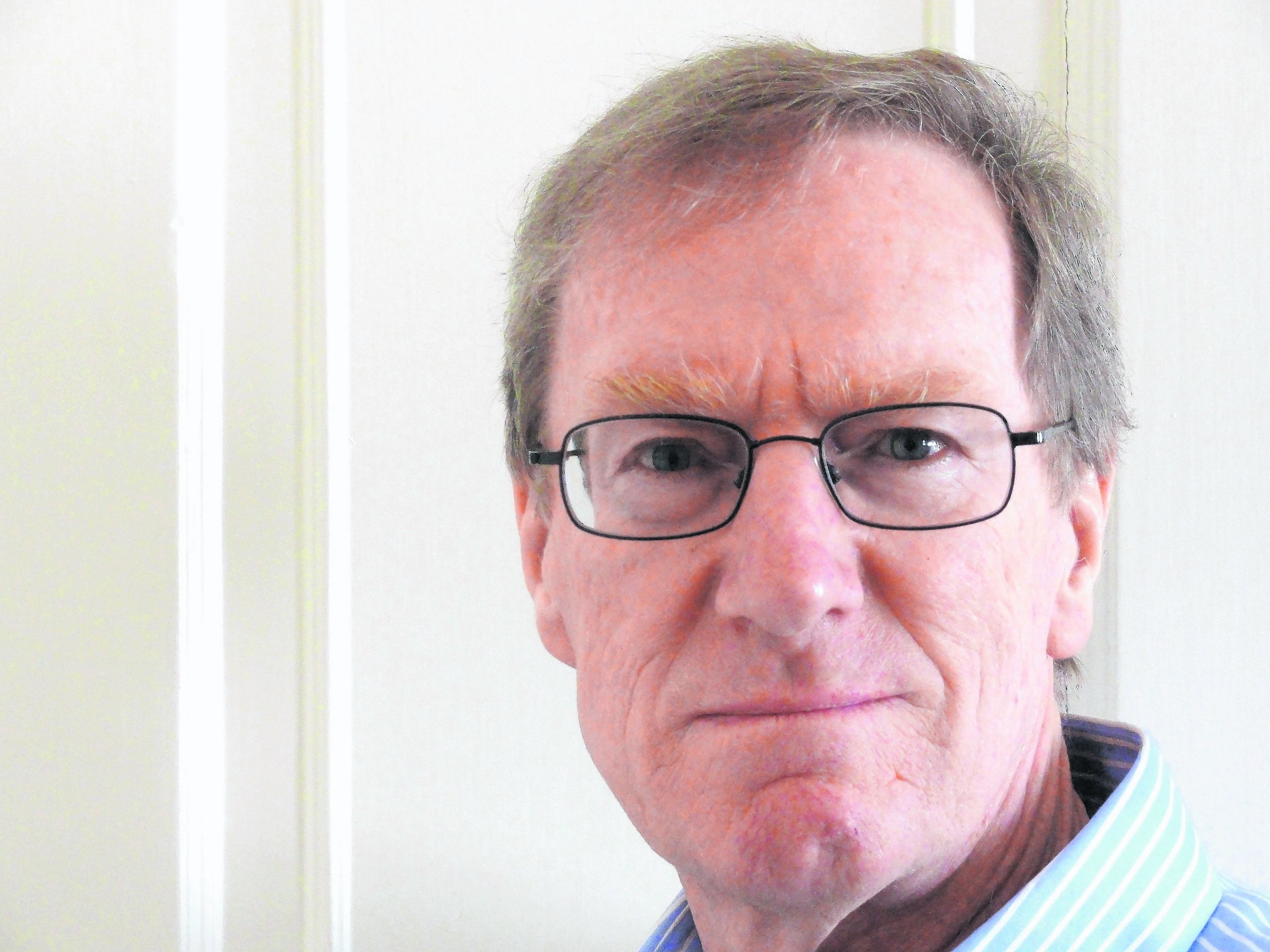Calling a snap election makes “a complete nonsense” of the move to fixed-term parliaments, according to a north-east expert.
Professor Michael Keating, chair in Scottish politics at Aberdeen University, said Mrs May’s move was the latest example of attempts to codify constitutional hitting the skids.
“It makes a complete nonsense of it,” he said of the law, which was hailed at the time of its introduction by David Cameron as putting an end to the power of prime ministers to dictate the timing of a poll for political ends.
“We have had all these constitutional changes but none of them have had the slightest impact; they have just been thrown out of the window,” he added.
He said another example was the Sewel Convention – a procedure by which the Scottish parliament is meant to give consent to Westminster legislating on devolved matters.
Prof Keating said having a UK poll on the immediate horizon would also ensure next month’s council elections were fought on national rather than local issues.
“The local elections were already being overshadowed by constitutional debate,” he said.
“That will continue to be the case and anyone who hopes otherwise can forget about it.”
He suggested Mrs May’s main gamble was that voters would accept the need for an election.
“It could just look purely opportunistic.
“She has been saying ‘ we will not have an election’ so to suddenly change…”
He added: “There is no effective opposition in England, that’s the big thing and that’s why she has done it. It is not clear why the Labour Party has agreed to it.”










